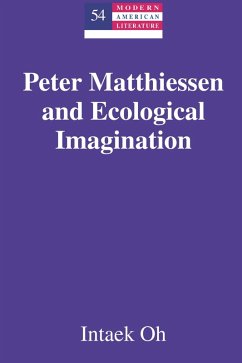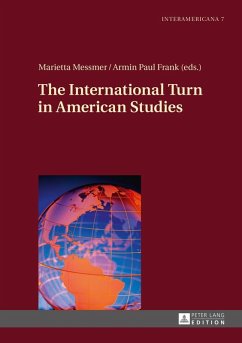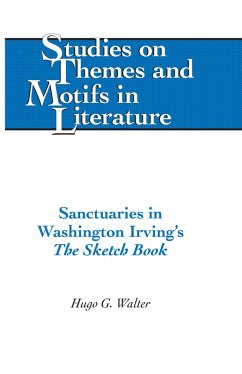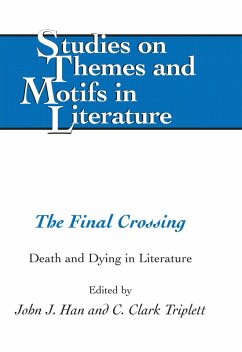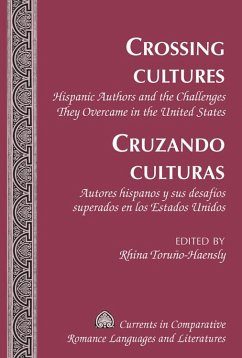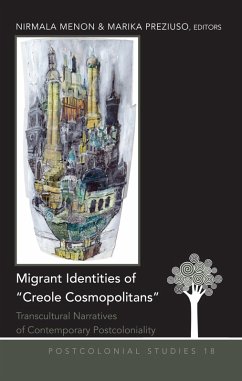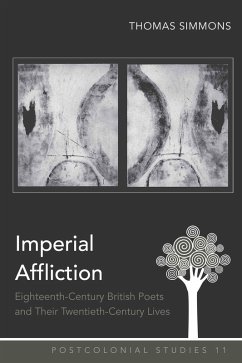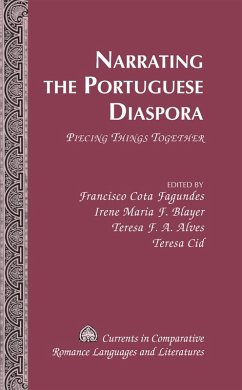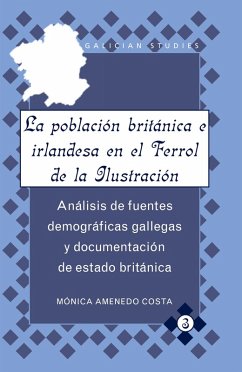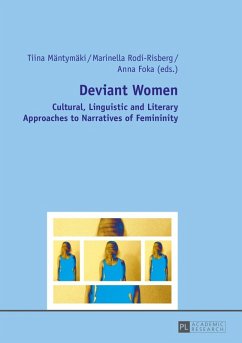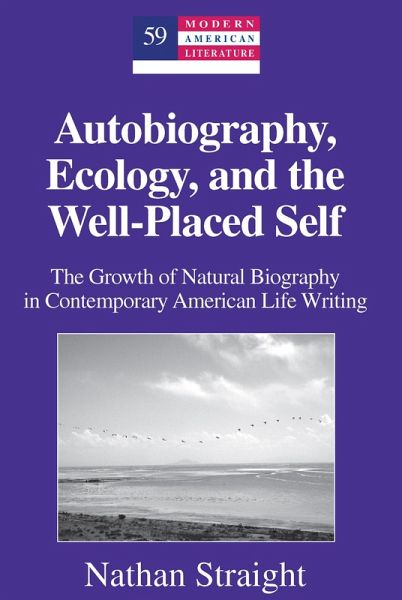
Autobiography, Ecology, and the Well-Placed Self (eBook, PDF)
The Growth of Natural Biography in Contemporary American Life Writing
Versandkostenfrei!
Sofort per Download lieferbar
Statt: 81,70 €**
60,95 €
inkl. MwSt.
**Preis der gedruckten Ausgabe (Gebundenes Buch)
Alle Infos zum eBook verschenkenWeitere Ausgaben:

PAYBACK Punkte
30 °P sammeln!
Autobiography, Ecology, and the Well-Placed Self expands the field of autobiography studies by describing an emergent genre, natural biography, that embeds the human subject in a more-than-human world. Through an ecocritical analysis of three contemporary U.S. authors - William Kittredge, Terry Tempest Williams, and Mary Clearman Blew - Nathan Straight illustrates how ecologically situated life writing bridges the human/nature divide and responds to the pressing environmental and communal demands of our times. In his exploration of the well-placed self he challenges traditional concepts of the...
Autobiography, Ecology, and the Well-Placed Self expands the field of autobiography studies by describing an emergent genre, natural biography, that embeds the human subject in a more-than-human world. Through an ecocritical analysis of three contemporary U.S. authors - William Kittredge, Terry Tempest Williams, and Mary Clearman Blew - Nathan Straight illustrates how ecologically situated life writing bridges the human/nature divide and responds to the pressing environmental and communal demands of our times. In his exploration of the well-placed self he challenges traditional concepts of the autobiographical subject and considers new models of selfhood in relation to regional and national identities. His illuminating discussions of specific texts engage with ecofeminist and bioregional theory and will appeal to readers in environmental studies, literary criticism, and American regionalism. Autobiography, Ecology, and the Well-Placed Self presents an important new perspective on place-based identity and literature, and the inclusion of a «Selected Readings» appendix makes it a valuable resource for scholars and students alike.
Dieser Download kann aus rechtlichen Gründen nur mit Rechnungsadresse in A, B, BG, CY, CZ, D, DK, EW, E, FIN, F, GR, HR, H, IRL, I, LT, L, LR, M, NL, PL, P, R, S, SLO, SK ausgeliefert werden.




